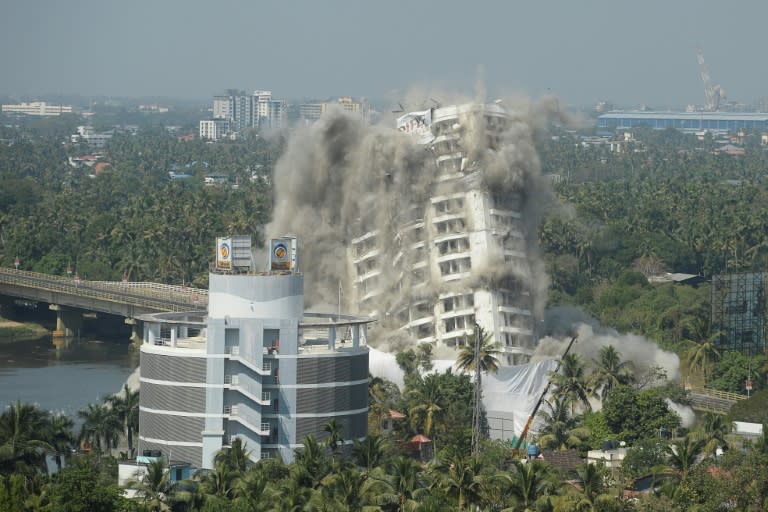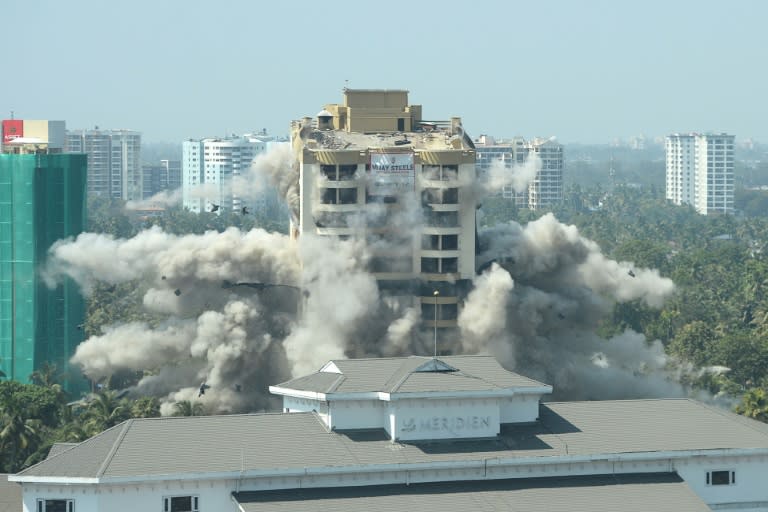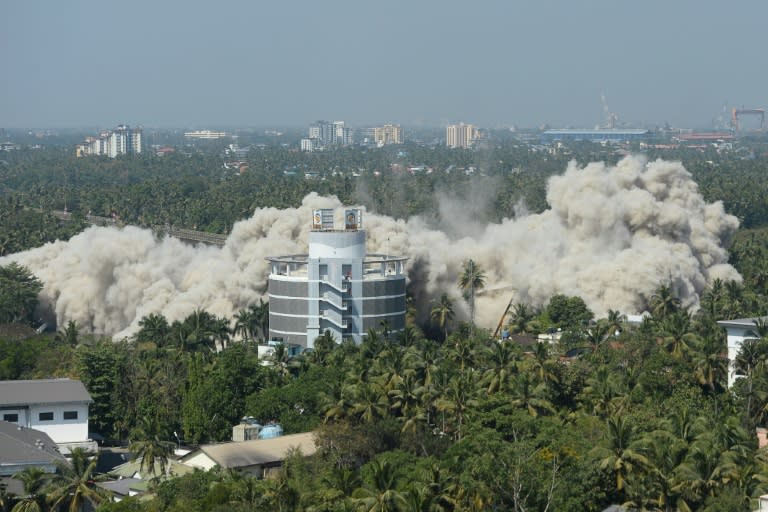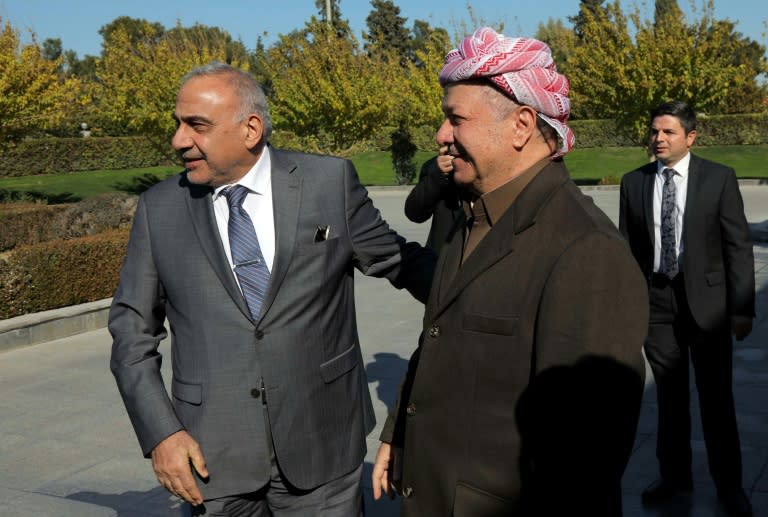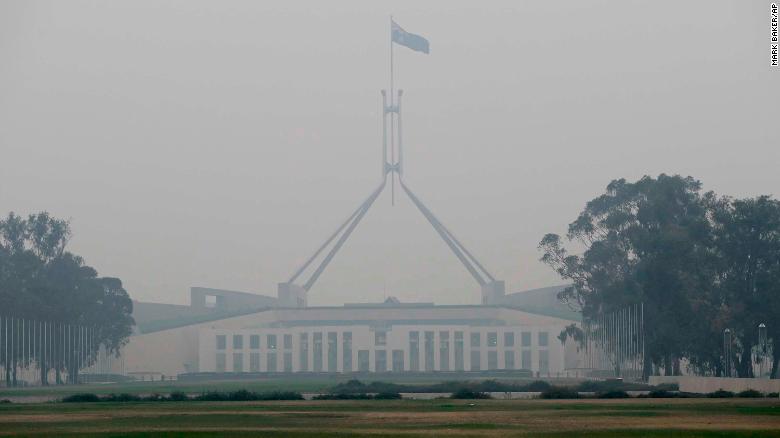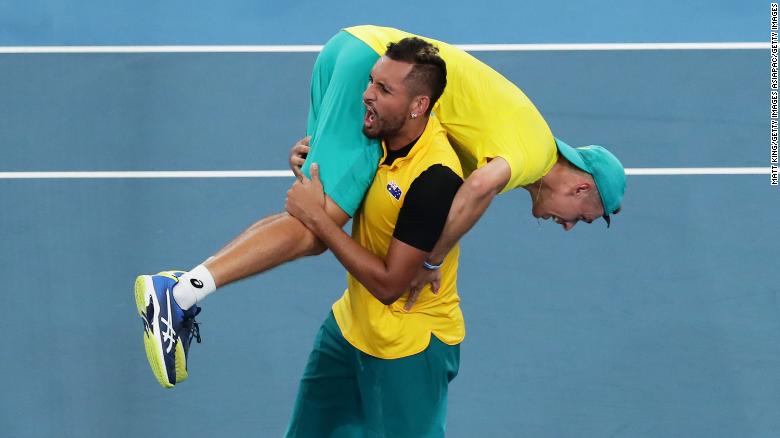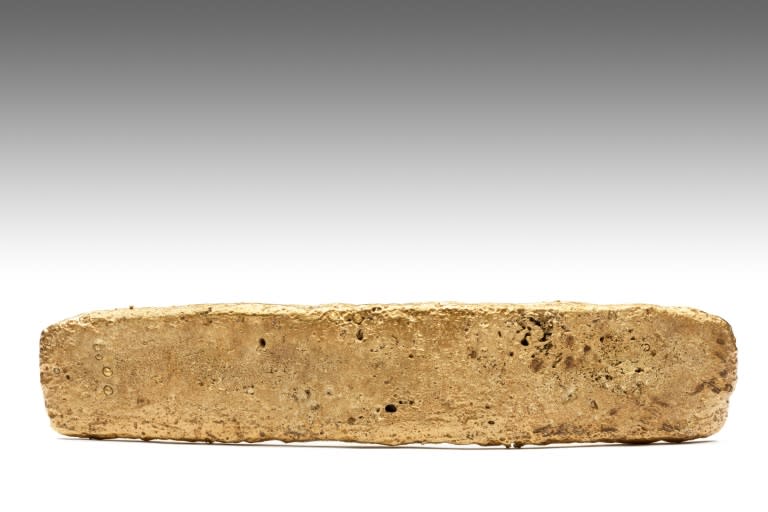
Alicja Siekierska,Yahoo Finance Canada•January 12, 2020

Michael McCain, the CEO of Maple Leaf Foods.
The chief executive of Maple Leaf Foods ($MFI.TO) took to Twitter on Sunday night to spout off against the United States government, in the wake of the Iranian missile strike of Ukrainian International Airlines flight 752 that killed 176 people, including the relatives of a Maple Leaf Foods employe.
In a series of tweets published on Sunday on the Maple Leaf Foods official Twitter account, CEO Michael McCain expressed anger over the deaths of those aboard Ukrainian International Airlines Flight 752, saying “Canadians needlessly loss their lives in the crossfire.”
I’m Michael McCain, CEO of Maple Leaf Foods, and these are personal reflections. I am very angry, and time isn’t making me less angry. A MLF colleague of mine lost his wife and family this week to a needless, irresponsible series of events in Iran...
— Maple Leaf Foods (@MapleLeafFoods) January 13, 2020
…U.S. government leaders unconstrained by checks/balances, concocted an ill-conceived plan to divert focus from political woes. The world knows Iran is a dangerous state, but the world found a path to contain it; not perfect but by most accounts it was the right direction…
— Maple Leaf Foods (@MapleLeafFoods) January 13, 2020
..A narcissist in Washington tears world accomplishments apart; destabilizes region. US now unwelcomed everywhere in the area including Iraq; tensions escalated to feverish pitch. Taking out despicable military leader terrorist? There are a hundred like him, standing next in line
— Maple Leaf Foods (@MapleLeafFoods) January 13, 2020
…The collateral damage of this irresponsible, dangerous, ill-conceived behavior? 63 Canadians needlessly lost their lives in the crossfire, including the family of one of my MLF colleagues (his wife + 11 year old son)! We are mourning and I am livid. Michael McCain.
— Maple Leaf Foods (@MapleLeafFoods) January 13, 2020
Janey Riley, the vice president of communications and public affairs at Maple Leaf Foods, confirmed the authenticity of the tweets on Sunday. In response to an interview request from Yahoo Finance Canada, Riley said that McCain “would prefer to let the messages in his tweets speak for themselves.”
“He felt the tragedy warranted his response,” Riley wrote in an email. She would not confirm the identities of the victims related to a Maple Leaf Foods employee, citing the family’s need for privacy.
An Iranian missile shot down the Ukrainian airline flight last Wednesday and killed all 176 people on board, including 57 Canadians. It was initially thought that 63 Canadians were killed on the flight, but Foreign Affairs Minister Francois-Philippe Champagne updated that number on Friday. Of the 176 victims, 138 were headed to Canada.
Iran admitted late Friday that its military “unintentionally” shot the plane down, and blamed “human error” for the strike.
McCain has been CEO of Maple Leaf Foods since 1999. The company is worth approximately $3.13 billion, based on market capitalization. It company is headquartered in Mississauga, Ontario and operates in Canada, the United States and Asia, employing approximately 12,500 people.
With a file from the Canadian Press
The chief executive of Maple Leaf Foods ($MFI.TO) took to Twitter on Sunday night to spout off against the United States government, in the wake of the Iranian missile strike of Ukrainian International Airlines flight 752 that killed 176 people, including the relatives of a Maple Leaf Foods employe.
In a series of tweets published on Sunday on the Maple Leaf Foods official Twitter account, CEO Michael McCain expressed anger over the deaths of those aboard Ukrainian International Airlines Flight 752, saying “Canadians needlessly loss their lives in the crossfire.”
I’m Michael McCain, CEO of Maple Leaf Foods, and these are personal reflections. I am very angry, and time isn’t making me less angry. A MLF colleague of mine lost his wife and family this week to a needless, irresponsible series of events in Iran...
— Maple Leaf Foods (@MapleLeafFoods) January 13, 2020
…U.S. government leaders unconstrained by checks/balances, concocted an ill-conceived plan to divert focus from political woes. The world knows Iran is a dangerous state, but the world found a path to contain it; not perfect but by most accounts it was the right direction…
— Maple Leaf Foods (@MapleLeafFoods) January 13, 2020
..A narcissist in Washington tears world accomplishments apart; destabilizes region. US now unwelcomed everywhere in the area including Iraq; tensions escalated to feverish pitch. Taking out despicable military leader terrorist? There are a hundred like him, standing next in line
— Maple Leaf Foods (@MapleLeafFoods) January 13, 2020
…The collateral damage of this irresponsible, dangerous, ill-conceived behavior? 63 Canadians needlessly lost their lives in the crossfire, including the family of one of my MLF colleagues (his wife + 11 year old son)! We are mourning and I am livid. Michael McCain.
— Maple Leaf Foods (@MapleLeafFoods) January 13, 2020
Janey Riley, the vice president of communications and public affairs at Maple Leaf Foods, confirmed the authenticity of the tweets on Sunday. In response to an interview request from Yahoo Finance Canada, Riley said that McCain “would prefer to let the messages in his tweets speak for themselves.”
“He felt the tragedy warranted his response,” Riley wrote in an email. She would not confirm the identities of the victims related to a Maple Leaf Foods employee, citing the family’s need for privacy.
An Iranian missile shot down the Ukrainian airline flight last Wednesday and killed all 176 people on board, including 57 Canadians. It was initially thought that 63 Canadians were killed on the flight, but Foreign Affairs Minister Francois-Philippe Champagne updated that number on Friday. Of the 176 victims, 138 were headed to Canada.
Iran admitted late Friday that its military “unintentionally” shot the plane down, and blamed “human error” for the strike.
McCain has been CEO of Maple Leaf Foods since 1999. The company is worth approximately $3.13 billion, based on market capitalization. It company is headquartered in Mississauga, Ontario and operates in Canada, the United States and Asia, employing approximately 12,500 people.
With a file from the Canadian Press
---30---
 Fly By Night Bat Clinic
Fly By Night Bat Clinic




 strait of hormuz oil tanker.JPG
strait of hormuz oil tanker.JPG
 soleimani funeral mourners
soleimani funeral mourners oil tanker gulf of iran fire
oil tanker gulf of iran fire